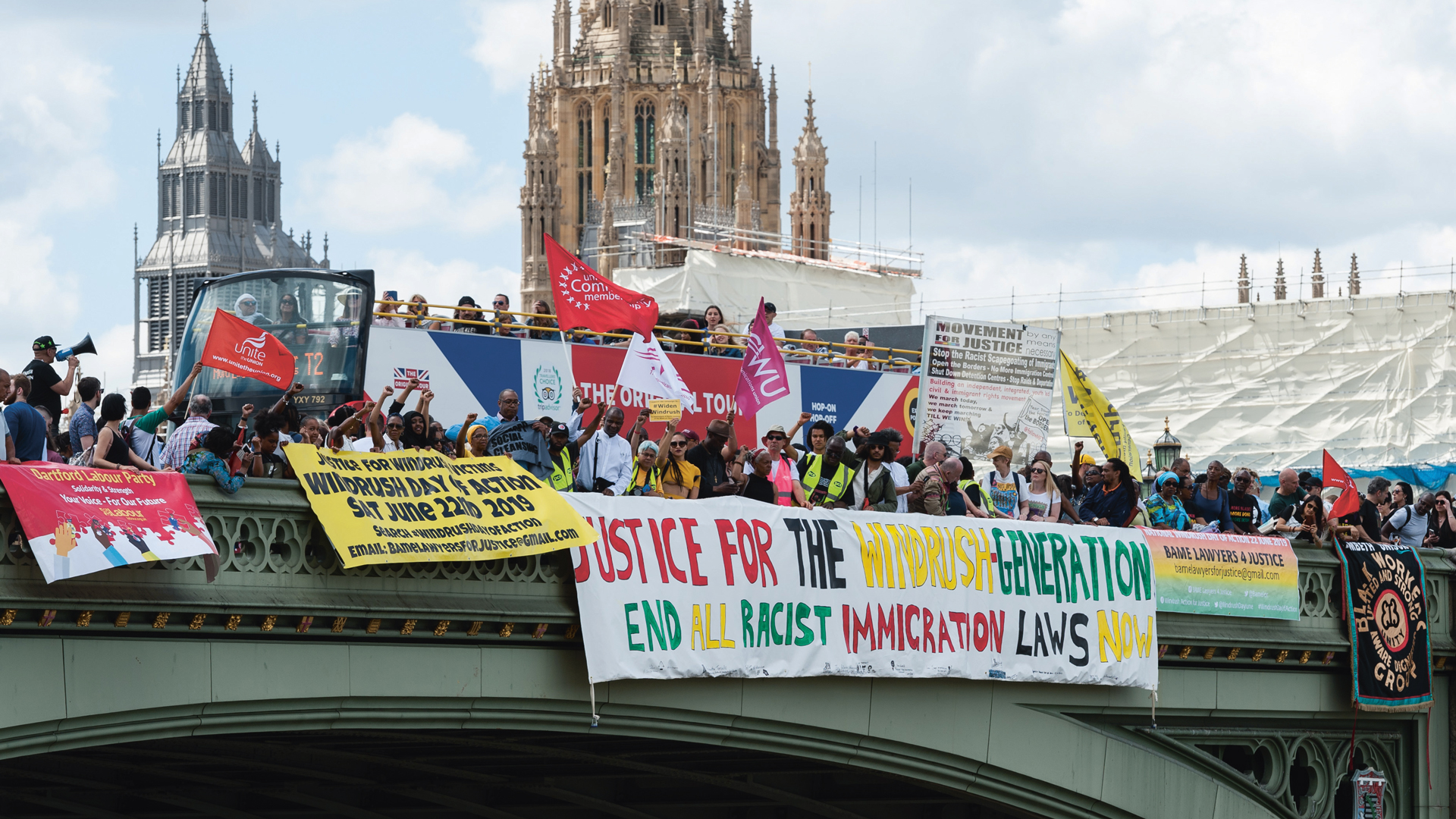Almost two years ago I began to investigate why people in their fifties and sixties, who had arrived in the UK as young children from the Commonwealth, were wrongly being classified as illegal immigrants. Some of them were forced out of the UK back to their birth countries, places they hadn’t visited for 50 years. Some were arrested and put in immigration detention centres, others were forced out of their homes and jobs or denied NHS treatment or benefits. It seemed shocking and mystifying.
To begin with no one was really able to explain why this was happening. Investigating what was going wrong was a slow and painstaking process.
Two years on, it’s clear that the government’s hostile environment policy was responsible. The Guardian’s coverage of the Home Office’s cruel treatment of thousands of retirement-age people who were living here entirely legally forced an explosion of apologies and the resignation of the then Home Secretary Amber Rudd, and numerous promises of reform. The next Home Secretary, Sajid Javid, said he did not like the concept of the “hostile environment” and promised a “fairer, more compassionate” immigration system. He acknowledged that around 160 people had been wrongly deported or detained, and an untold number of others had experienced difficulties with their housing, employment and access to healthcare. There appeared to be genuine remorse from politicians. For a while I felt really optimistic that something tangible had changed both within the Home Office and the government.
This is an issue that remains acutely relevant now as 3.2 million or more European nationals who live in the UK and want to remain after Brexit apply for the right to stay
There’s no doubt that some incredibly positive things have happened as a result of the investigation. More than 6,000 previously undocumented people have been given papers proving that they are (and always were) living in the UK legally. Some people have been flown back from the Caribbean at the government’s expense after years in exile, others have got their jobs back or been rehoused. A huge government compensation scheme was launched in March, which could pay out up to £570m to those affected. In the course of researching a book on the scandal, The Windrush Betrayal: Exposing the Hostile Environment, I met dozens of people badly affected by the scandal, many of whom are now beginning to rebuild their lives. In some ways the experience of investigating and reporting on the scandal for The Guardian has made me feel incredibly optimistic about the power of journalism to force real concrete change.
But at the same time I worry that many of the promised changes have not materialised.
Javid said he preferred the notion of a “compliant” immigration environment, but none of the legislation that underpinned the hostile environment has been repealed, so people without clear documentation remain vulnerable to the same problems experienced by the Windrush generation. Although the Home Office says it has paid out some compensation already, I haven’t come across anyone who has received a payment yet – 18 months after the government’s first apologies, this feels a really long time to wait. Many of those affected remain in real financial difficulties as a result of the original mistaken decision to brand them as immigration offenders. People working at immigration charities say they have not seen any evidence of more compassionate Home Office decision making, despite the promises of reform. An independent review commissioned by the government into what went wrong has still not been published. Wendy Williams’ Lessons Learned review was due to be submitted to the Home Secretary in September, but the Home Office will not comment on whether its publication is imminent. At the end of September, the new Home Secretary Priti Patel launched a new Windrush Advisory Group, promising to provide “essential support to members of the Windrush generation and address the suffering experienced by many people”. But there is frustration from many affected at the slow arrival of that support.









